Joshua Gayou brings gritty realism and moral depth to post-apocalyptic fiction with his acclaimed Commune series. An engineer by trade, Gayou blends practical detail with sharp, character-driven storytelling to explore what it really takes to rebuild after the fall.
In this interview, he shares how Commune evolved from a survival story into a reflection on society, power, and the price of peace—raising questions he never intends to answer for the reader.
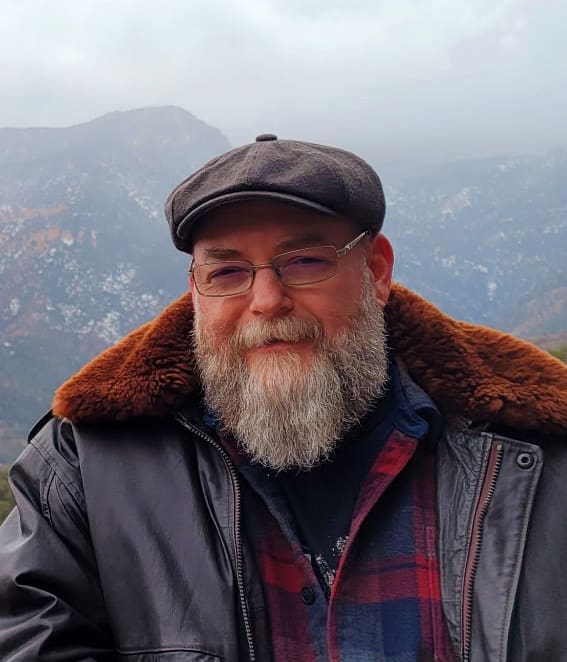
The Commune series opens with a raw and gripping question: “Is survival worth the loss of humanity?” Now that you’re seven books deep, how has your answer to that question evolved?
I don’t really have an answer to that question. That question regarding survival vs humanity was something I dealt with in the first four books of the series, and I think that there’s enough material there that readers can hopefully answer the question for themselves. That answer – how far you’re willing to go just to stay alive – is a deeply personal thing; everyone is going to have their own line they won’t cross. The great thing about a genre like post-apoc is that the reader gets this hypothetical playground to consider, complete with what-if scenarios against which they can test their notions of morality and ethics. It’s my job to provide the playground. I always promise my readers they’ll get plenty of questions with my books, rarely answers. I think trying to hand them an answer disrespects their role in the storytelling relationship.
As a senior engineer by day and a craftsman by hobby, you clearly know how things work. How much of that problem-solving mindset shaped the worldbuilding of Commune, where survival often depends on creativity, adaptation, and practicality?
In the first few books, quite a lot. I had this idea at the start, right or wrong, that stories like Commune required certain “bits and pieces’ sprinkled throughout, that the audience would expect, and of course which they might complain about if said “bits and pieces” were absent. I was very new and uncertain of what I was doing, and so you see a lot of time devoted in the early books to discussions of survival tools, bullet caliber, machinery, techniques and technologies, etc. These were things I suspected had to be there in the story, but I lacked the requisite instinct to know how much of the research really belonged on the page. It makes the narrative in certain parts of the earliest books clunky in my opinion, to say nothing of what happens to the pacing. Over time, I’ve grown more comfortable with sprinkling my research into these stories as more of a light dusting, rather than dumped in these huge, fatty dollops, but you know, very few of the nuts and bolts solutions I’ve put in my stories are of my own invention. Humankind has already devised nearly every methodology under the sun to survive, and to address immediate, existential problems. There are no as-yet undiscovered methodologies in these domains – in most cases, the methodologies are only rediscovered after having been forgotten. One has only to search them out and learn.
In Book 7, the Smoky Mountains settlement’s low trade value ironically offers safety. That’s a fascinating lens on peace through perceived weakness. What drew you to explore this tension between economic worth and security, and how does it play into the larger stakes of rejoining the union?
I wouldn’t say I was drawn to explore it so much as the condition presented itself as an obvious outcome of Books’ ideology transposed into a proto-feudal society with a commodities-based economy. The conditions of the society in which Books finds himself were suggested to me through reading history books, and studying how such societies have emerged and sustained themselves in the past, particularly in Europe and Feudal Japan, specifically in the Edo period during the rise of Tokugawa Ieyasu. And this was all brought about because, in my opinion, too many stories in this genre stay rooted in the immediacy of collapse. As though a cataclysmic event happens, the survivors get knocked back to the stone age (only they have guns), and then they just…stagnate. It becomes tropey. There’s always the lone wanderer with the backpack and the rifle, they always must be scavenging through old houses or establishments looking for articles useful to survival. There’s always the hero legging untold miles to get back home, or to get back to their family, there are the shootouts with untrustworthy strangers met on the road. I understand, if one intends to tell a story in this setting, these are things that must be dealt with, fine. But deal with them, and then move the world along. Society rebuilds, it progresses. Civilization, for all of its faults, reasserts itself. When I wrote the first four books in the Commune series, that was my take on the “post-apocalyptic” genre. I had my say there, I’m happy with how it came out, and now, with books 5 through 9, I want to see what happens after all the tropey business has been exhausted. So I read some history books and then tried to project how I think a pre-industrial, agricultural and commodities-based society would emerge, compounded by the fact that all of the people in this world would also have the benefit of their own history to draw upon, and to model themselves after. Then, when I came up with all of that, I asked myself, “Where is the character Books in all this mess?” And, based on his story, and his philosophies when we meet him again in book 7 (Bloody Sun), the answer seemed obvious to me: he’s trying to keep well the hell away from it!
I guess from the fifth book on, I’d say the series shifts from post-apoc to something more like alternate history/speculative fiction, at least for me.
Books is choosing a path of pacifism, but war is on the horizon. How did you approach the emotional complexity of that tension, especially for a character shaped by violence but longing for peace?
My own son was the same age as Books’ son, David, when I began writing Commune 7. I imagined myself sending my own son off to fight in someone else’s war, and I had everything I needed.
The series began with Jake, Billy, Amanda, and her daughter; four broken individuals trying to build something bigger than themselves. As the series has grown, what’s changed about the idea of “commune” itself?
The series has shifted from Their story to Our story. It has become a story of the American community, imperfect and fractured as it is, and an exploration of how belief systems scale, and the liberties that must be taken or sacrificed in the pursuit of unifying people who desire not to be unified.
Commodore Kraemer is positioned as a restorer, but is seen by many as just another warlord. What inspired his character, and what did you want to explore about the fragility (and danger) of rebuilding systems of power post-collapse?
Kraemer’s theories and belief systems are modelled upon the laws and generally accepted practices of Colonial America, with a healthy dose of western expansion and manifest destiny blended in for good measure. He does not strike me as a warlord any more or less than George Washington, Julias Caesar, Hannibal Barca, or Genghis Khan, though I do think it’s very interesting that the opposition of each of the aforementioned men would certainly label them thus. And of course, as always, Carthago delenda est!
Your writing balances some seriously grim scenarios with flashes of levity and sharp dialogue. How do you strike that tonal balance, especially in a series that never lets its characters off easy?
I don’t spend a lot of time thinking about balancing tone. Instead, I try to keep myself grounded in the mind of the character I’m currently writing. If that character might find something funny, then it is funny, and I write accordingly, even if that funny thing is horrific. It’s not my job to judge the character, or cast judgement on behalf of the reader. My job is to present them with real people as honestly as I can. As far as sharp dialogue goes, I’m not really certain what that means. I listen to people and study how they communicate. All people, all types of people. I apply that learning to my writing, therefore my characters speak as people do. It’s not something you have to spend a lot of time thinking about. You just have to write directly and honestly.
With the community expanding and new characters being introduced, how do you decide who gets the spotlight and when? Are there characters who surprised you by demanding more space than you expected?
Character spotlight is usually dictated and/or discovered by the needs of the story. I have this exercise where I consider the characters of the story like pieces in a game of Chess. When you play Chess, you must consider all of your pieces on the board, and ask them what they are doing. If a piece is doing more than one thing – say, threatening an opponent’s piece while also providing protection to one of your own – then that piece is very likely essential to your game. If a piece does only one thing – it threatens a piece OR defends a companion piece against capture OR blocks the opposition from occupying an important square – then you could say that piece is of lower criticality. And if the piece you’re considering is doing nothing at all, then it stands to reason that the piece’s best utility may be in sacrifice. This prioritization works well in storytelling. Characters of high criticality (who serve more than one simple function to the story), naturally demand more time on the page. Those who serve no purpose to the overall point of the story are more likely to get the chop. Of course, one must also consider that the best utility a character can serve to the story might indeed be in their demise, such as a Queen sacrifice. You have to be flexible and roll with these things as they occur.
The character Rosalie in Commune 6 ended up being a lot more than I originally intended. At some point during the writing of it, I realized that Rosa and Gibs were very likely capable of falling in love. Once I understood that, I had to make it happen – it would have been a lame cheat, otherwise.
The Commune series stands out for its realism. There’s no virus, no zombies, just humans responding to disaster. Was it always your aim to write a post-apocalyptic story that feels deeply, painfully possible?
My goal is always to write as realistically and honestly as I can, no matter the genre or setting. There actually was a virus in Commune, but it’s really only there as a mechanic – it’s what gets the ball rolling but it’s not the main event. Zombies are rarely used effectively in the media they occupy. World War Z (the book, not the egregiously terrible film) does an outstanding job of using them effectively, and after what Max Brooks did with them, I just didn’t feel I had anything useful to add. My goal was always to write about people; real people. Post-apoc as a genre was sufficient to get me the starting conditions I needed for the story I wanted to write, therefore that’s what I settled on. The first four Commune books could have easily been about survivors marooned on an island in the Pacific somewhere, for example.

Which Commune character would be the worst at board games, and who’d be an evil genius?
I don’t know. Board games inherently include such a high degree of abstraction that you can’t predict who will be good or bad at them based on intelligence alone. Probably, the person who played the most board games growing up would be the best at playing board games.
Is there a DIY skill or repair job you wrote into the story that you’ve actually pulled off in real life?
I grew up in the construction industry, so any time you see a character reaching for a hammer or saw, it’s safe to assume I’ve got some experiential basis in what they’re doing. Later in the stories, concrete becomes an essential technology. Frankly speaking, concrete helped to pay for my college education.
Do you write your books with a particular kind of reader in mind?
Yes. Myself.
If your main character had to describe you, the author, what would they say?
They’d probably call me a giant asshole.
Check out Joshua Gayou and Devon C. Ford’s Commune series on Amazon
The world has ended. A few have survived.
But is survival worth the loss of humanity?
Finding a friend in the apocalypse isn’t easy, and for Jake Martin, it’s been damn-near impossible. Life has become an endless trek for canned food, shelter, and avoiding those who’ve turned to killing for anything all while trying not to become a killer himself.
When Jake encounters Billy, an elderly wanderer on the highway to ruined Las Vegas, everything changes. Billy reminds him of life before the world ended, of when being human meant acting like more than a mindless beast. Although their bond quickly grows, two men don’t make a commune.
Together, they stumble upon a gang of scavengers keeping Amanda Contreras and her daughter prisoner, and using the mother to fulfill their base needs. Jake and Billy decide it’s time to stop just looking out for themselves.
After risking everything to break the girls free, their commune grows to four. Now, they must all learn to cooperate if they’re to survive in a primitive, hostile world in search of a new home. Each of them will learn how far they’re willing to go to continue living… or if living is even worth it.
At the end of the world, there’s a commune called Jackson and this is their story.


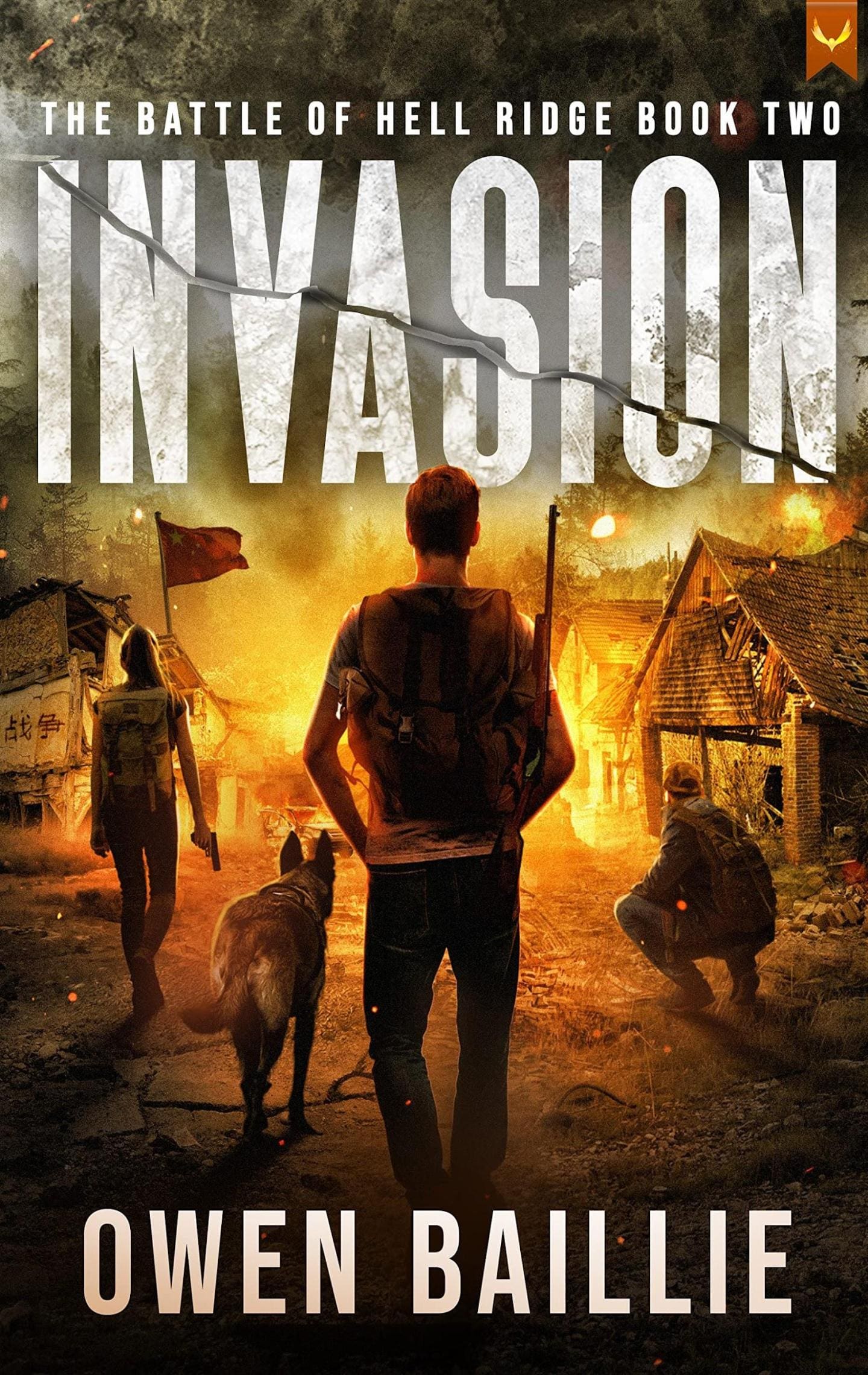
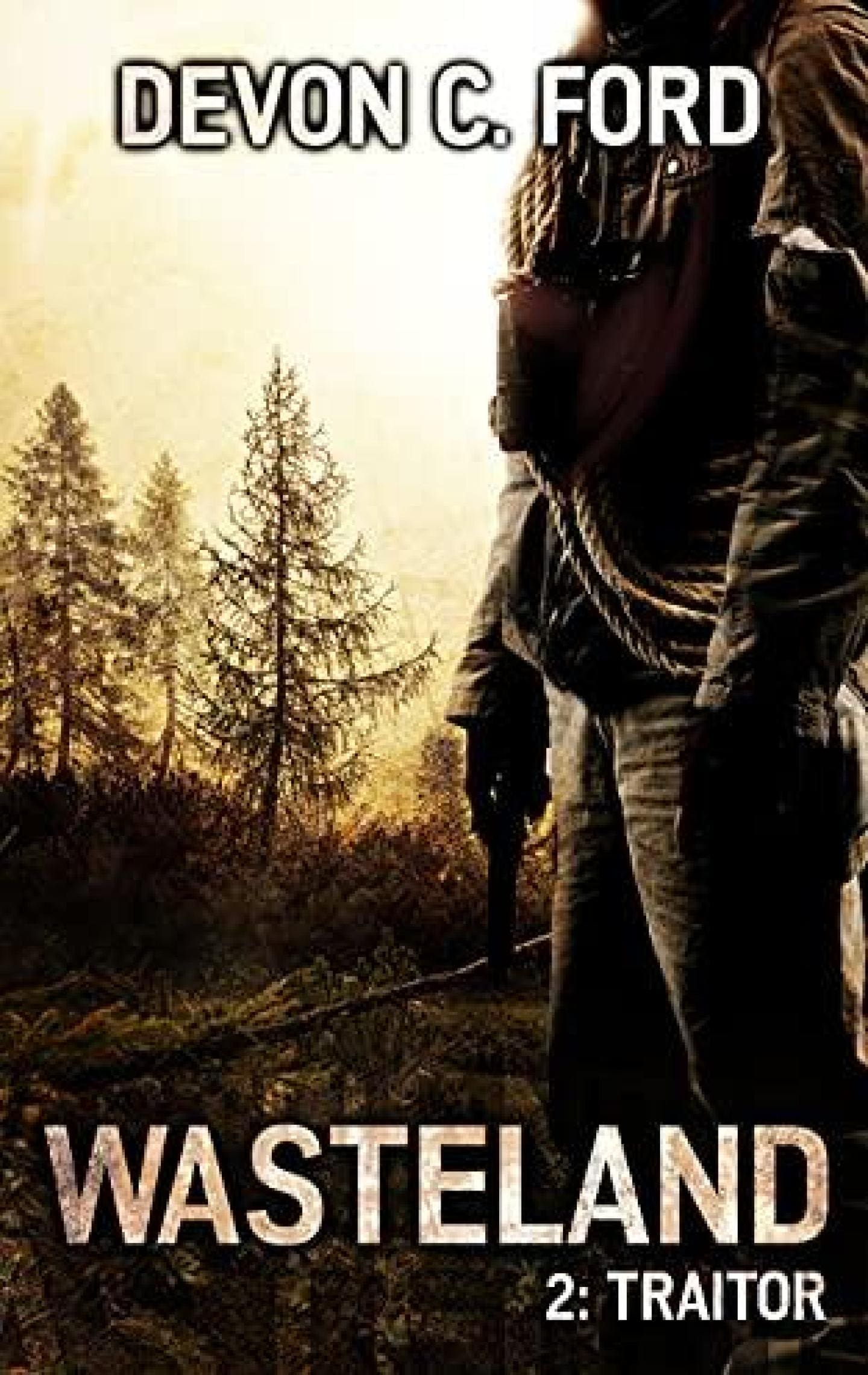
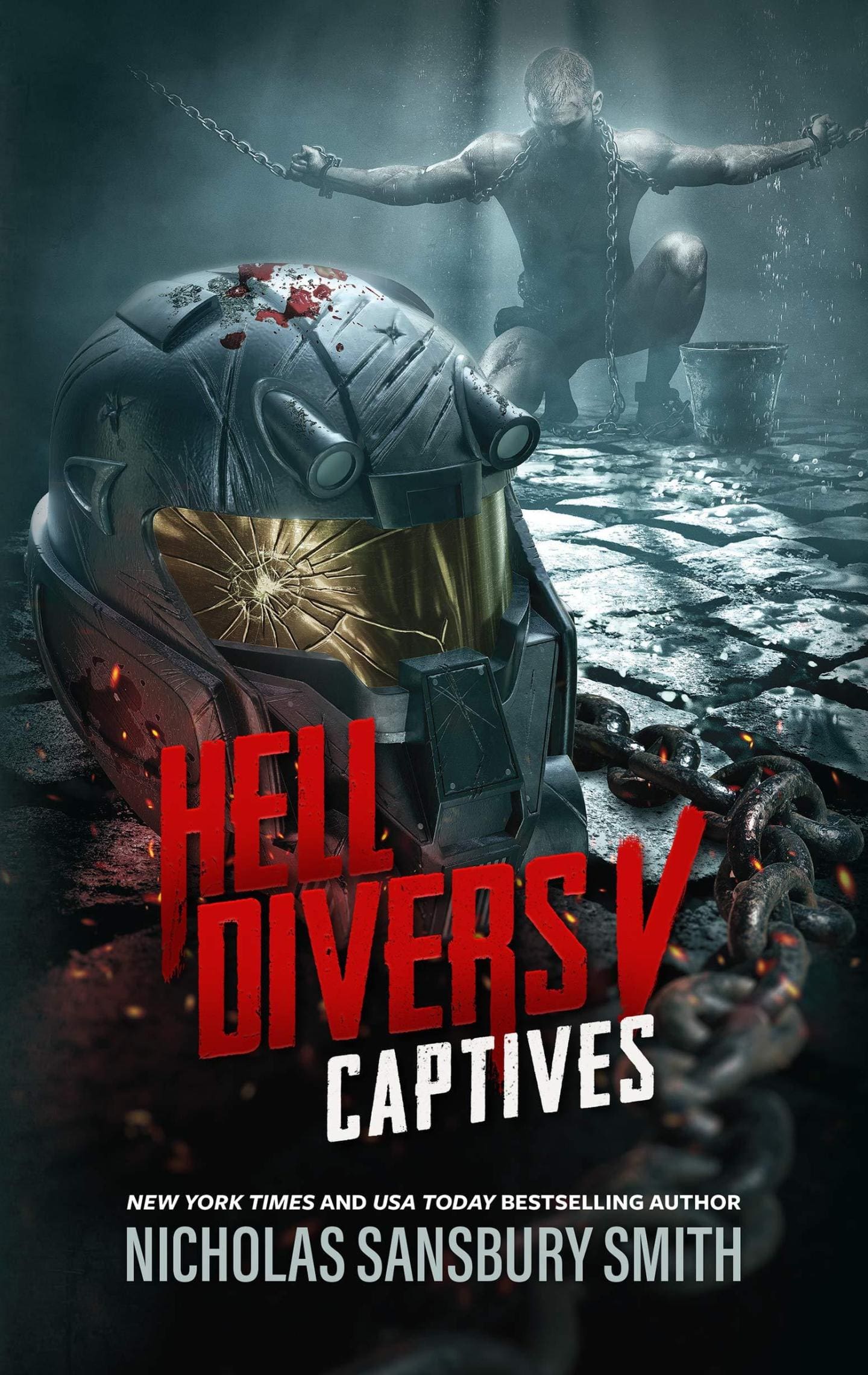
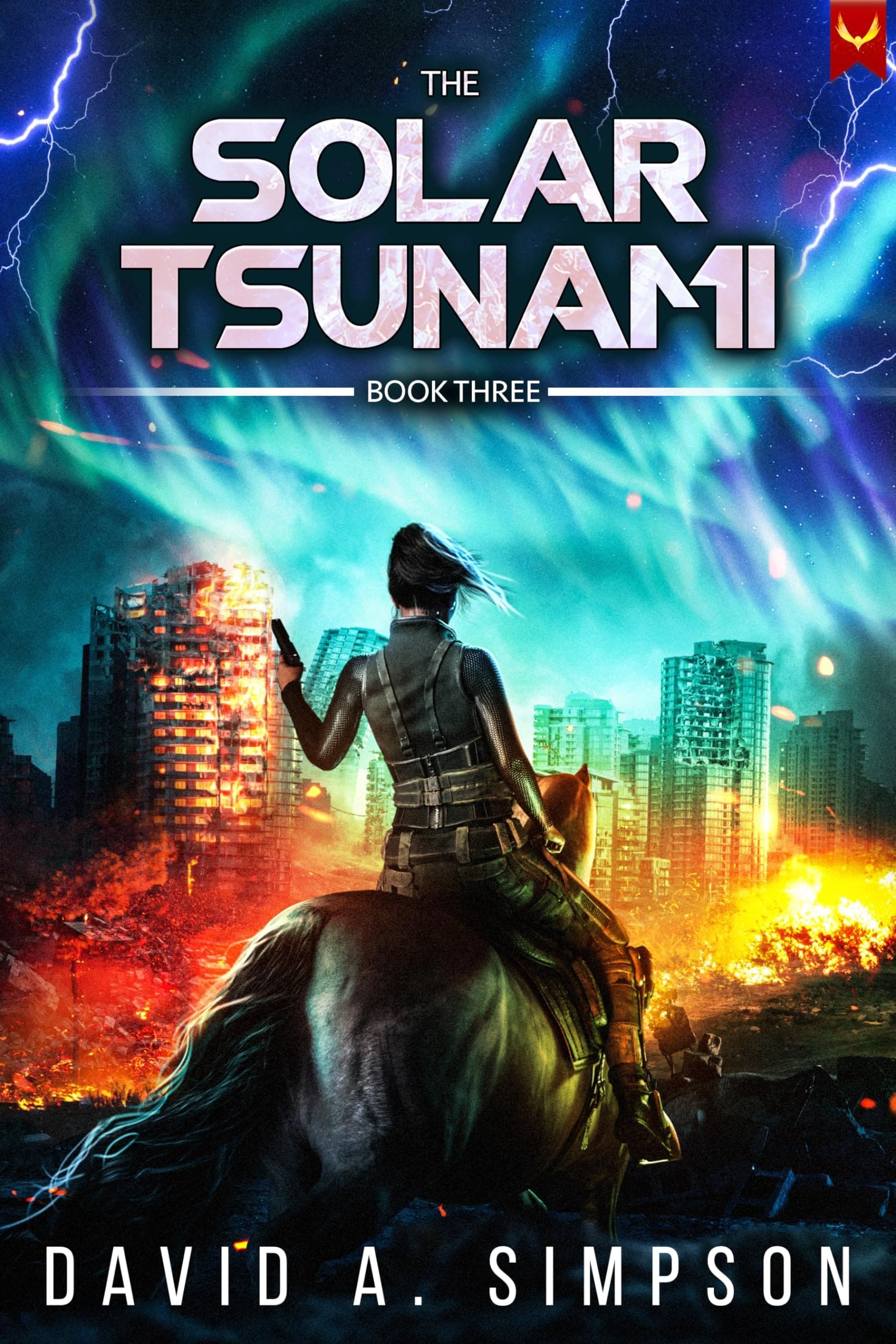
Leave a Reply